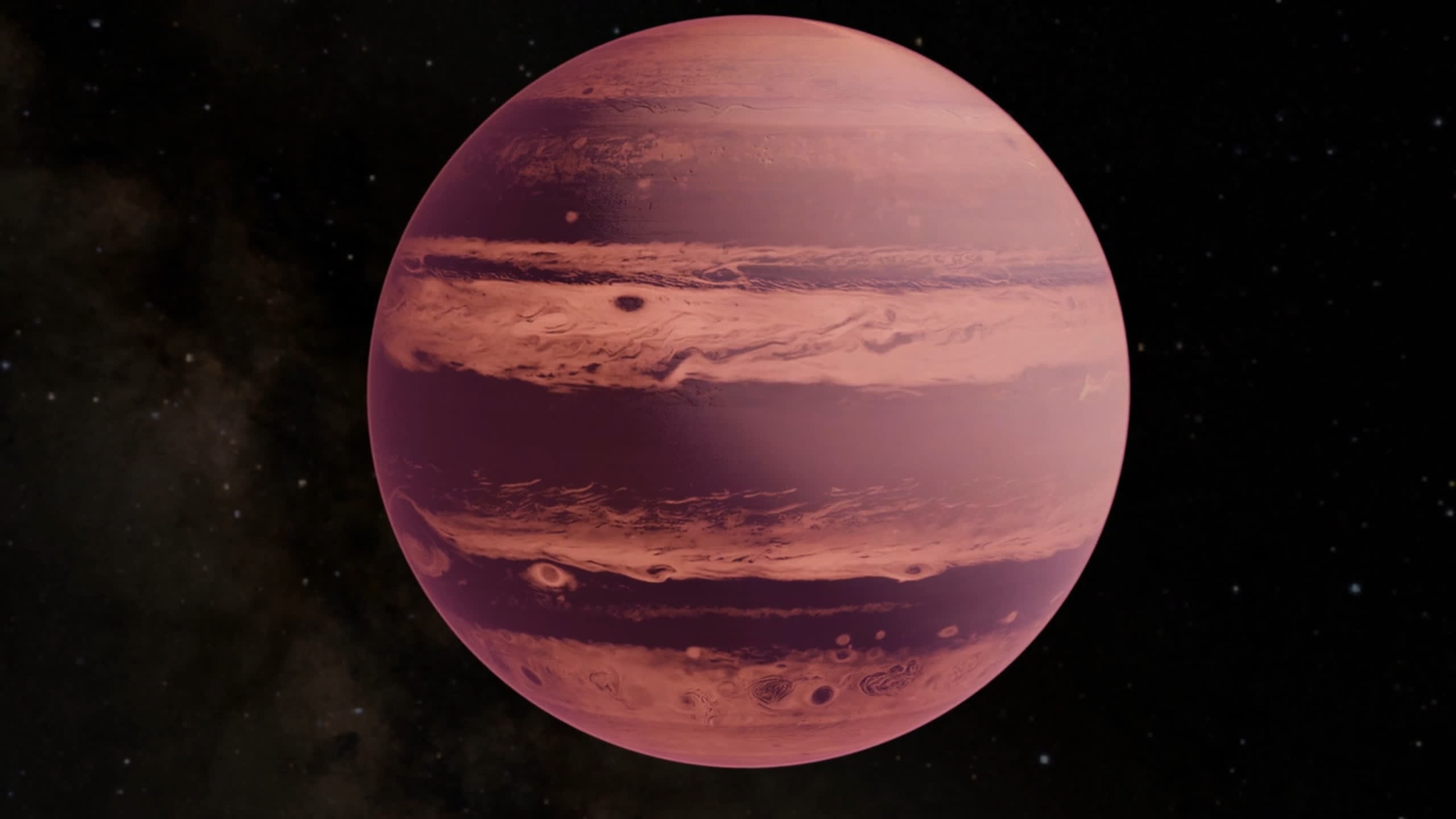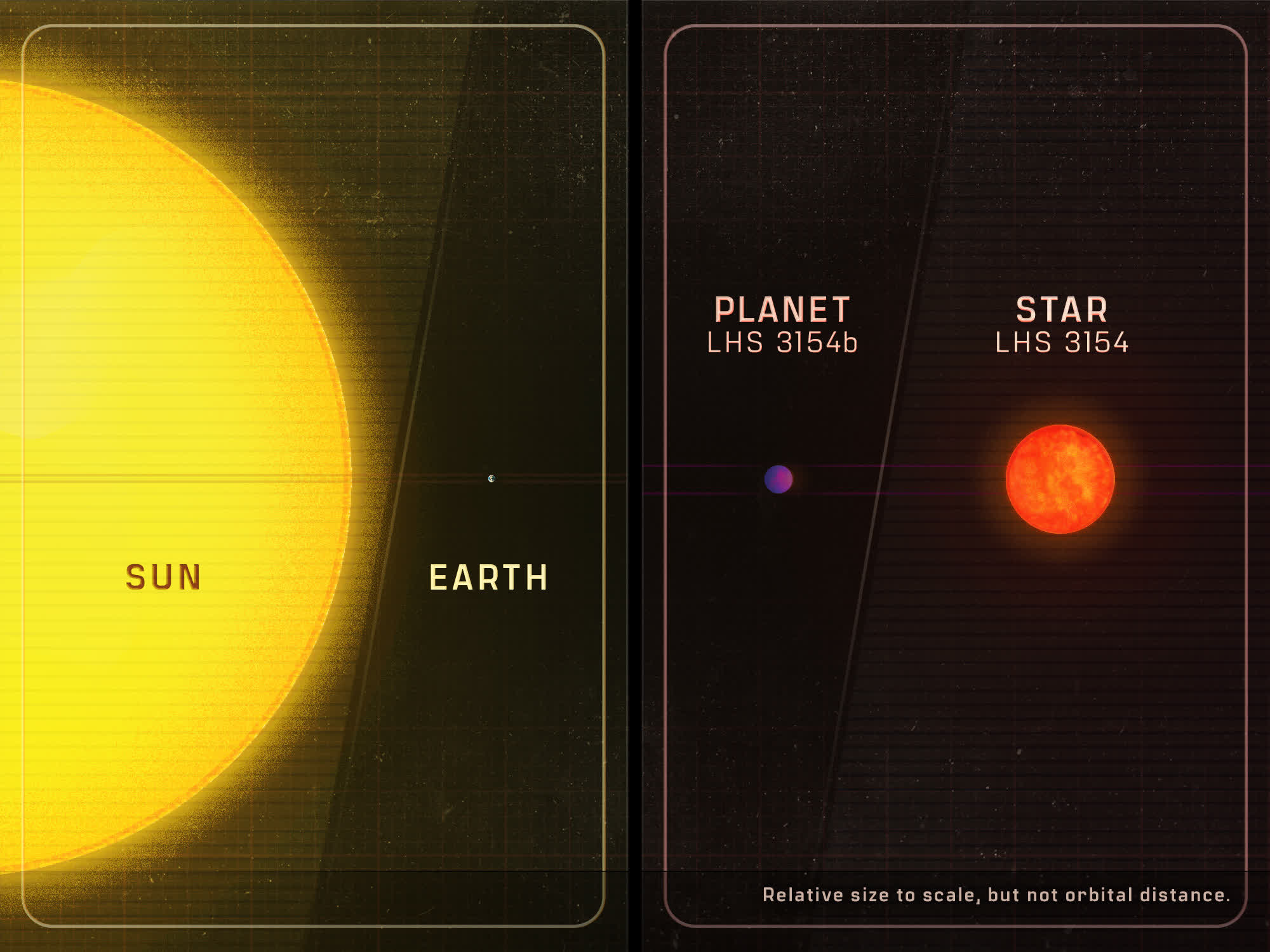The big picture: Protoplanetary disks require a sufficient amount of raw material to facilitate the formation of planets around a newborn star. The quantity of material present in the disk plays a crucial role in determining the potential size of the planets that can develop. However, a recently discovered exoplanet appears to defy this established theory, leaving scientists perplexed.

The ever-growing list of planets that shouldn't exist now includes LHS 3154b, a Neptune-sized exoplanet that appears to be too large for its host star. LHS 3154 is an "ultracool" dwarf star that is nine times less massive than our Sun. The planet itself is at least 13.2 times more massive than Earth. However, theoretical models had previously ruled out the formation of such a massive celestial object around a low-mass star.
The discovery of LHS 3154b was made using the Habitable Zone Planet Finder (HPF), an astronomical spectrograph developed at Penn State University by a team of scientists led by Suvrath Mahadevan. Mahadevan, a professor of astronomy and astrophysics and co-author of the Science paper detailing the findings, emphasized that this new exoplanet underscores "how little" we still comprehend about the universe.
HPF was explicitly engineered to identify planets orbiting the coolest stars beyond our solar system. Detecting such planets poses a considerable challenge due to the necessity for them to remain close to their host star to maintain temperatures suitable for liquid water. Mahadevan explained that HPF can successfully detect planets with close orbits around ultracool stars.

Stars are formed from vast clouds of gas and dust, Mahadevan explained. Following the birth of a star, residual gas and dust begin to orbit it and can eventually develop into planets.
The researchers utilized computer simulations to confirm that the elevated "planet-to-star mass ratio" identified through HPF is not an anticipated outcome of the planetary system orbiting LHS 3154. According to the paper, the presence of LHS 3154b in this universe could only be scientifically accounted for if the protoplanetary disk were 10 times more massive than expected for the host star.
The scientists noted that, based on ongoing survey work with the HPF and other instruments, a celestial object like LHS 3154b is likely to be "extremely rare." Mahadevan stated that the discovery serves as an exceptional test case for all existing planet formation theories, precisely aligning with the purpose for which the HPF was constructed.
https://www.techspot.com/news/101047-newly-discovered-exoplanet-big-exist.html